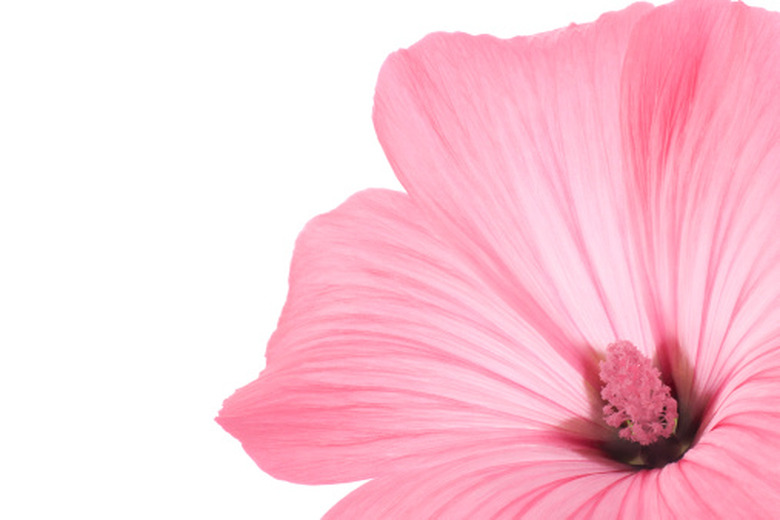Are Hibiscus Plants Deer Resistant?
Hibiscus is a perennial flower that blooms for many seasons. Deer sometimes like to eat this plant, especially if other sources of food are scarce. This means gardeners should be vigilant in watching for signs of damage to these flowers.
Hibiscus is a perennial flower that blooms for many seasons. Deer sometimes like to eat this plant, especially if other sources of food are scarce. This means gardeners should be vigilant in watching for signs of damage to these flowers.
Frequency
Hibiscus flowers are sometimes eaten by deer, according to Rutgers University. Many factors can determine whether they are eaten. This includes the amount of other food available, weather conditions, deer population and location of your garden. The food preferences of these animals may vary from region to region as well.
- Hibiscus is a perennial flower that blooms for many seasons.
- Deer sometimes like to eat this plant, especially if other sources of food are scarce.
Varieties
Some varieties of hibiscus may be more resistant to deer than others. Color Choice Plants recommends varieties such as Helene, Diana, Freedom, Red Heart, Pink Giant and Blushing Bride for areas that have a lot of deer activity. For best results, they should not be planted near hostas, daylilies or geraniums, as these species are attractive to deer.
Companion Plants
Some good plants to place near hibiscus are trees such as buckeye, birch, cedar, spruce and fir. They might also work well near shrubs like boxwood, Russian olive, or blueberry elder. This is because these types are deer-resistant, which means the animals may look elsewhere for food.
Deer Eat Hibiscus?
The hibiscus genus is a large one, including both annuals and perennials. Annuals are summer friends, joining the party for one season and then heading to parts unknown. Perennial hibiscus plants include those that die back in autumn, such as the "Kopper King" cultivar (Hibiscus "Kopper King") that thrives in USDA zones 4 though 9, offering copper-colored foliage that contrasts nicely with the large, pale flowers. Both examples are subject to deer browse. The deer population was kept in check by predators such as wolves. Hibiscus plants are among those shrubs preferred by deer, but there is no point in removing them to prevent deer visits; if you have deer in your area, almost any plant attracts the hungry mammals to your garden.
- Some varieties of hibiscus may be more resistant to deer than others.
- For best results, they should not be planted near hostas, daylilies or geraniums, as these species are attractive to deer.
Deer Eat Hibiscus?
The hibiscus genus is a large one, including both annuals and perennials. Annuals are summer friends, joining the party for one season and then heading to parts unknown. Perennial hibiscus plants include those that die back in autumn, such as the "Kopper King" cultivar (Hibiscus "Kopper King") that thrives in USDA zones 4 though 9, offering copper-colored foliage that contrasts nicely with the large, pale flowers. Both examples are subject to deer browse. The deer population was kept in check by predators such as wolves. Hibiscus plants are among those shrubs preferred by deer, but there is no point in removing them to prevent deer visits; if you have deer in your area, almost any plant attracts the hungry mammals to your garden.
- Some varieties of hibiscus may be more resistant to deer than others.
- For best results, they should not be planted near hostas, daylilies or geraniums, as these species are attractive to deer.
References
- Rutgers University: Lanscape Plants Rated by Deer Resistance
- Fine Gardening: Genus Hibiscus
- Fine Gardening: Hibiscus "Kopper King"
- Missouri Botanical Garden: Deer
- San Marcos Growers: Gardening and Deer
- Missouri Botanical Garden: Hibiscus Rosa-Sinensis
- University of California Statewide Integrated Pest Management Program: Deer
- Fine Gardening: Genus Hibiscus
- Fine Gardening: Hibiscus "Kopper King"
- Missouri Botanical Garden: Deer
- San Marcos Growers: Gardening and Deer
- Missouri Botanical Garden: Hibiscus Rosa-Sinensis
- University of California Statewide Integrated Pest Management Program: Deer
